The relationship between women and plants has deep roots in human history. For centuries, women have played a fundamental role as guardians and transmitters of herbal knowledge, using the healing properties of plants to heal their communities. However, this legacy has often been silenced and underestimated in a male-dominated history. In this article, we will explore the history of women and herbalism, highlighting Silvia Federici's work "Caliban and the Witch" as an important source that helps us understand this historical legacy.
Since ancient times, women have been the primary experts on the medicinal properties of plants. In many cultures, they were considered "healers" or "witches," who used their knowledge of plants to treat illnesses and promote health. These women were respected and sought after for their wisdom, but they were also subject to persecution and stigmatization during periods of witch hunts.
In her influential work, "Caliban and the Witch: Women, the Body, and Primitive Accumulation," Silvia Federici analyzes the relationship between witch hunts in Europe and the development of capitalism. Federici argues that the persecution of women as witches was a strategy to undermine their power and knowledge in herbal medicine and other forms of community care. This work helps us understand how the history of women and herbalism has been largely silenced and how herbal knowledge has been co-opted by mainstream medicine.
Currently, there is a growing movement to rescue and value women's herbal knowledge. At Matria, we want to honor and enhance traditional women's herbal practices, sharing wisdom and fostering connection with nature. This resurgence is a form of empowerment for women, as well as an opportunity to promote holistic health and integrative medicine.
In a world dominated by modern medicine and pharmaceuticals, herbal medicine remains a valuable, natural alternative for health care. Medicinal plants offer a wide range of therapeutic benefits and can help address various ailments and imbalances in the body. By learning from women's herbal traditions, we can access ancient wisdom and enrich our relationship with plants and nature.
The history of women and herbalism is a powerful testament to female knowledge and resilience throughout time. Through Silvia Federici's work "Caliban and the Witch," we can better understand how women have been marginalized and undervalued in the herbal field. However, thanks to the current renaissance, we are rediscovering and valuing feminine knowledge in herbalism. As we reconnect with plants and their healing properties, we honor the ancestral wisdom of women and embark on a journey of healing and empowerment.
With love,
Vian
Foundress
You can find this book at one of our favorite bookstores: Utópicas at Aguayo 37-Planta Alta, Del Carmen, Coyoacán, 04100 Mexico City, CDMX





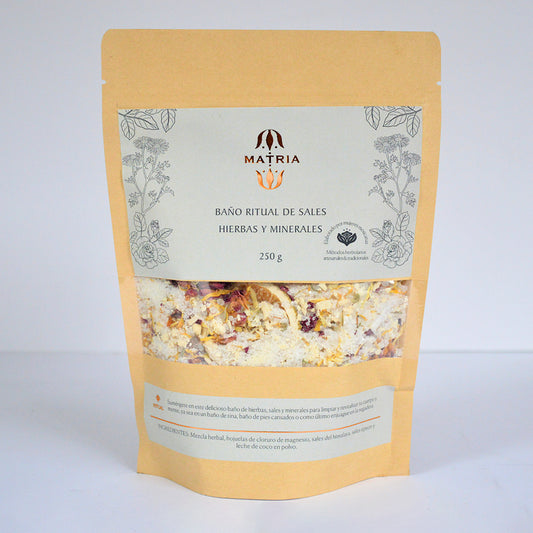
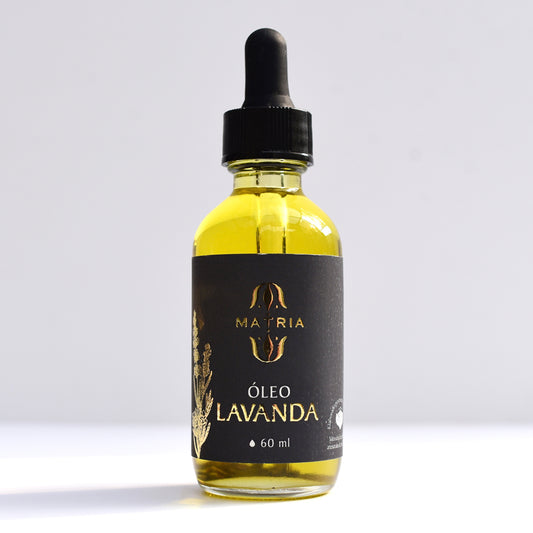


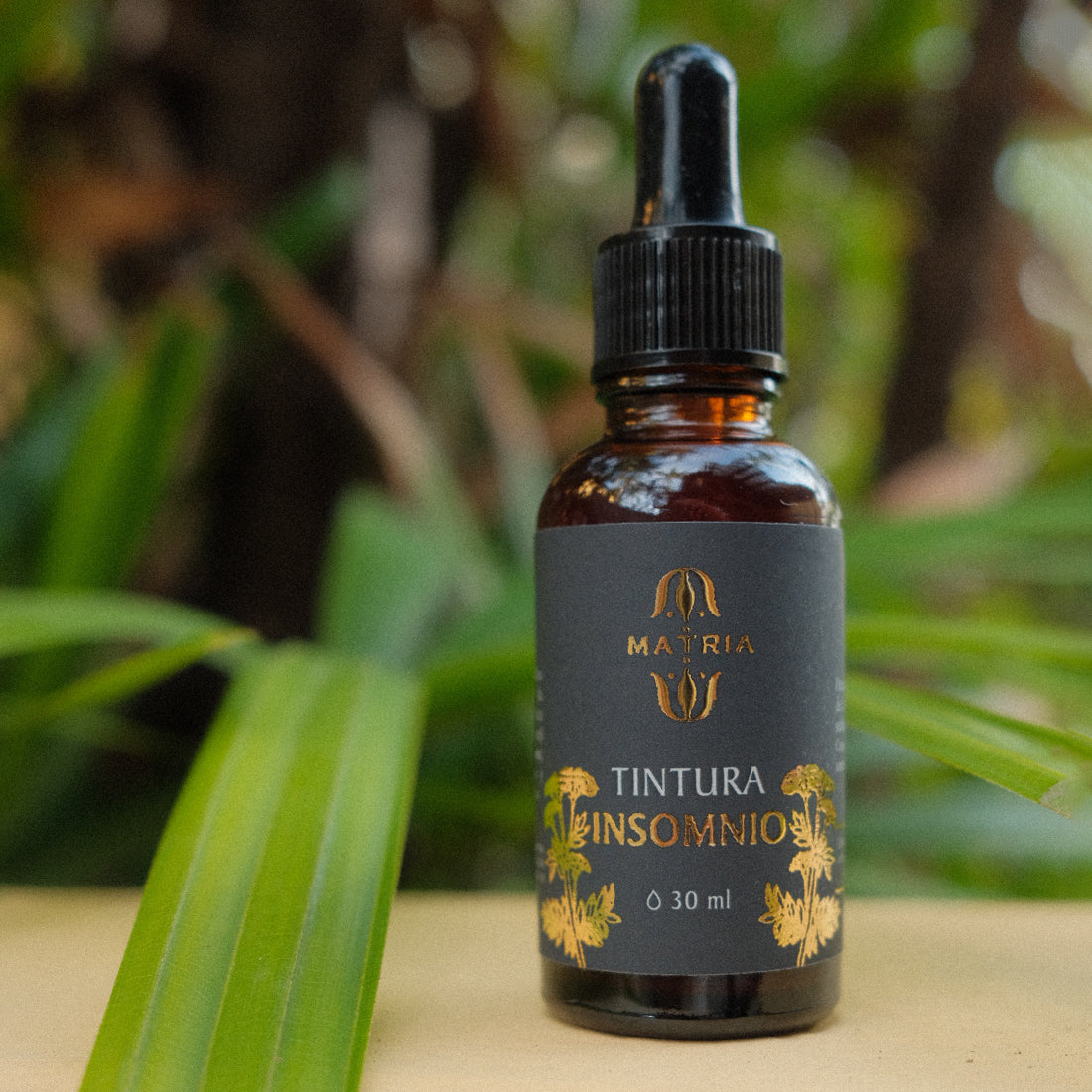
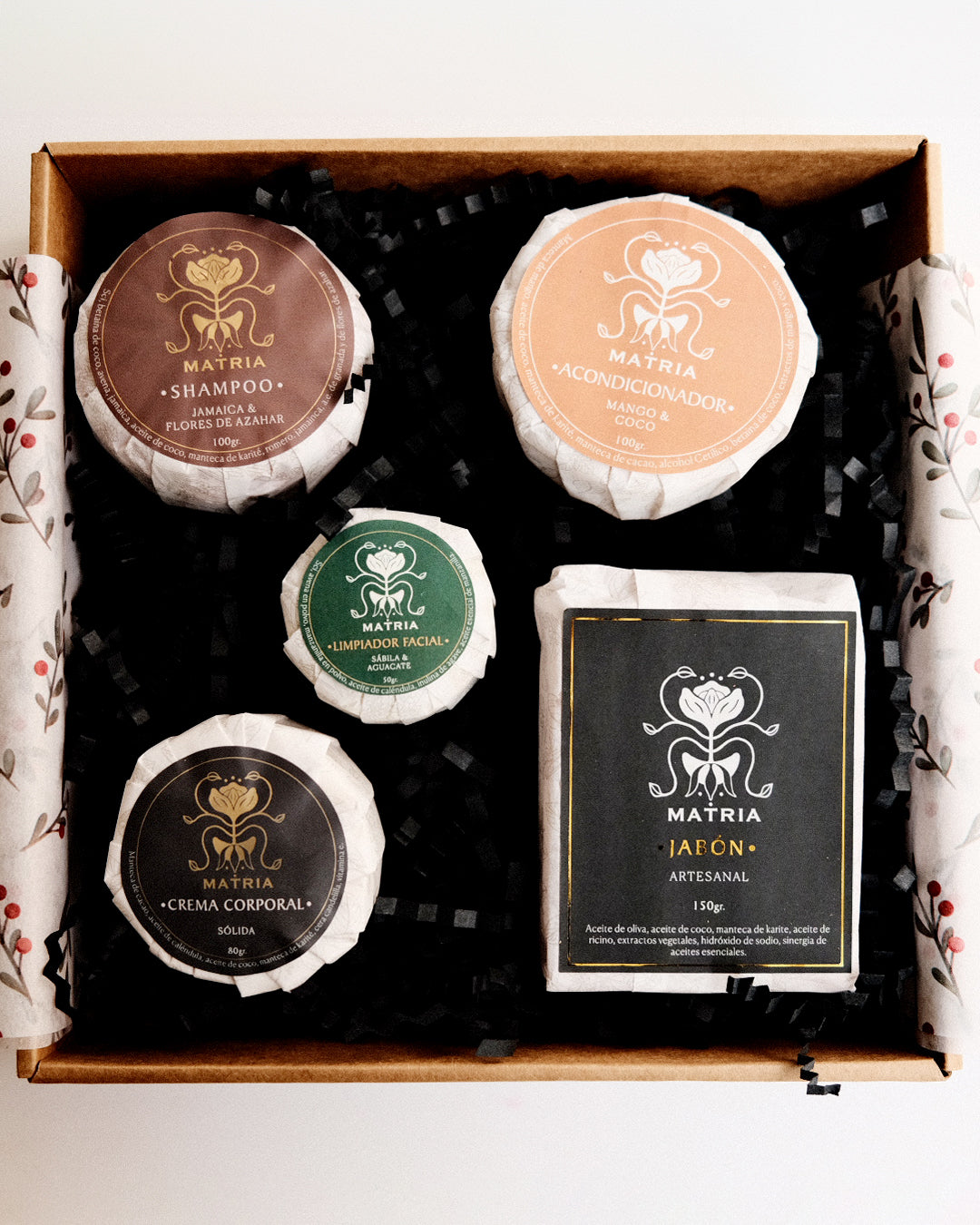
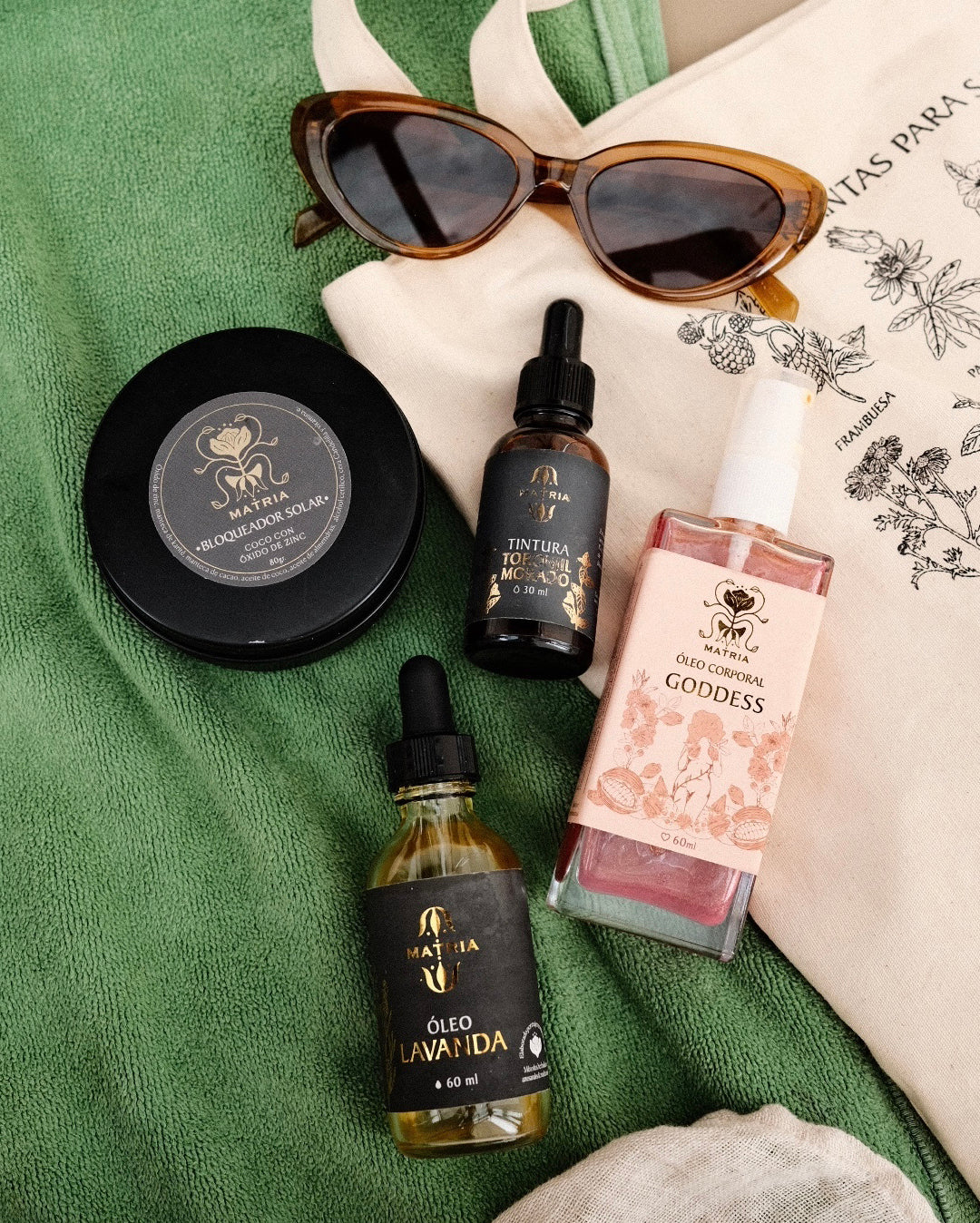

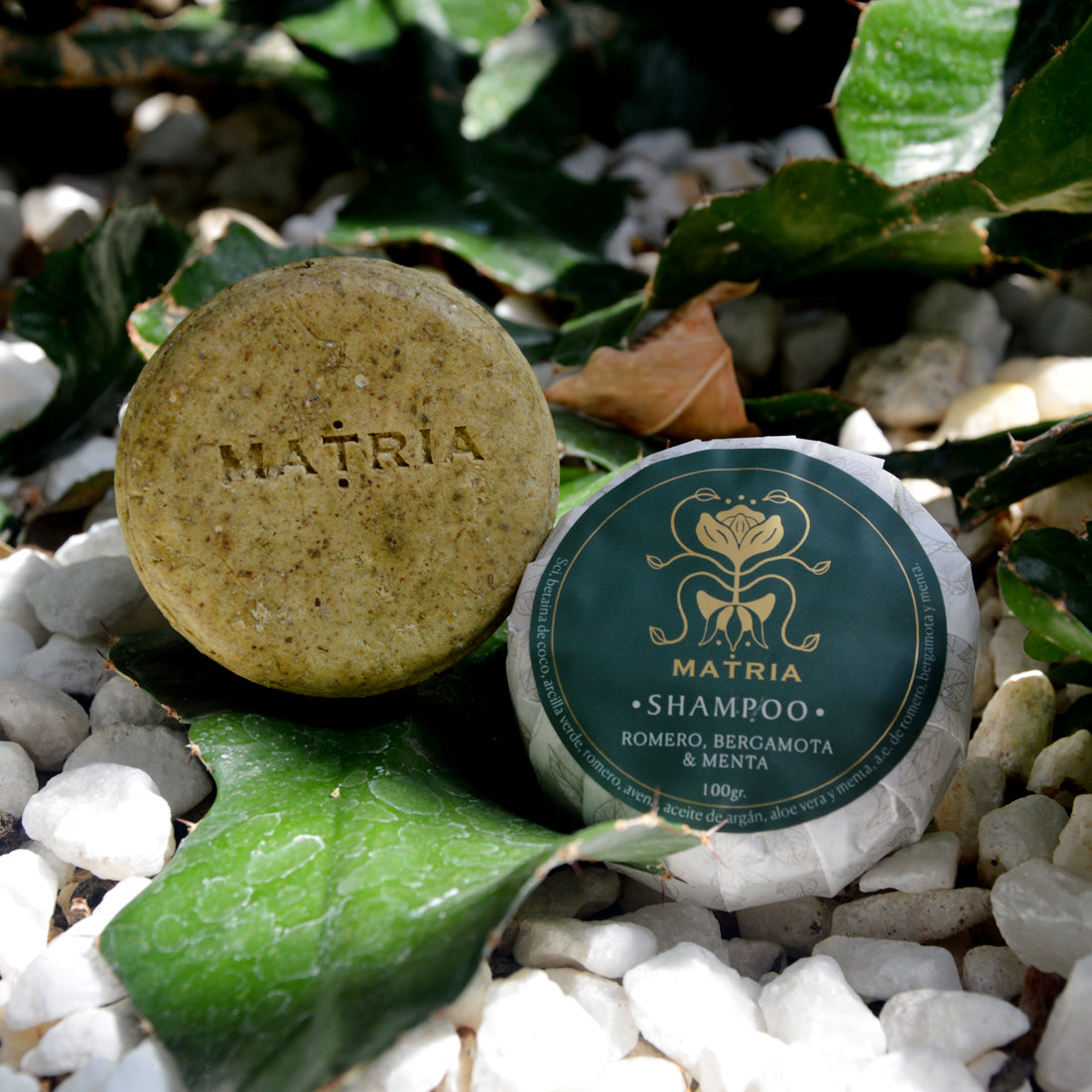
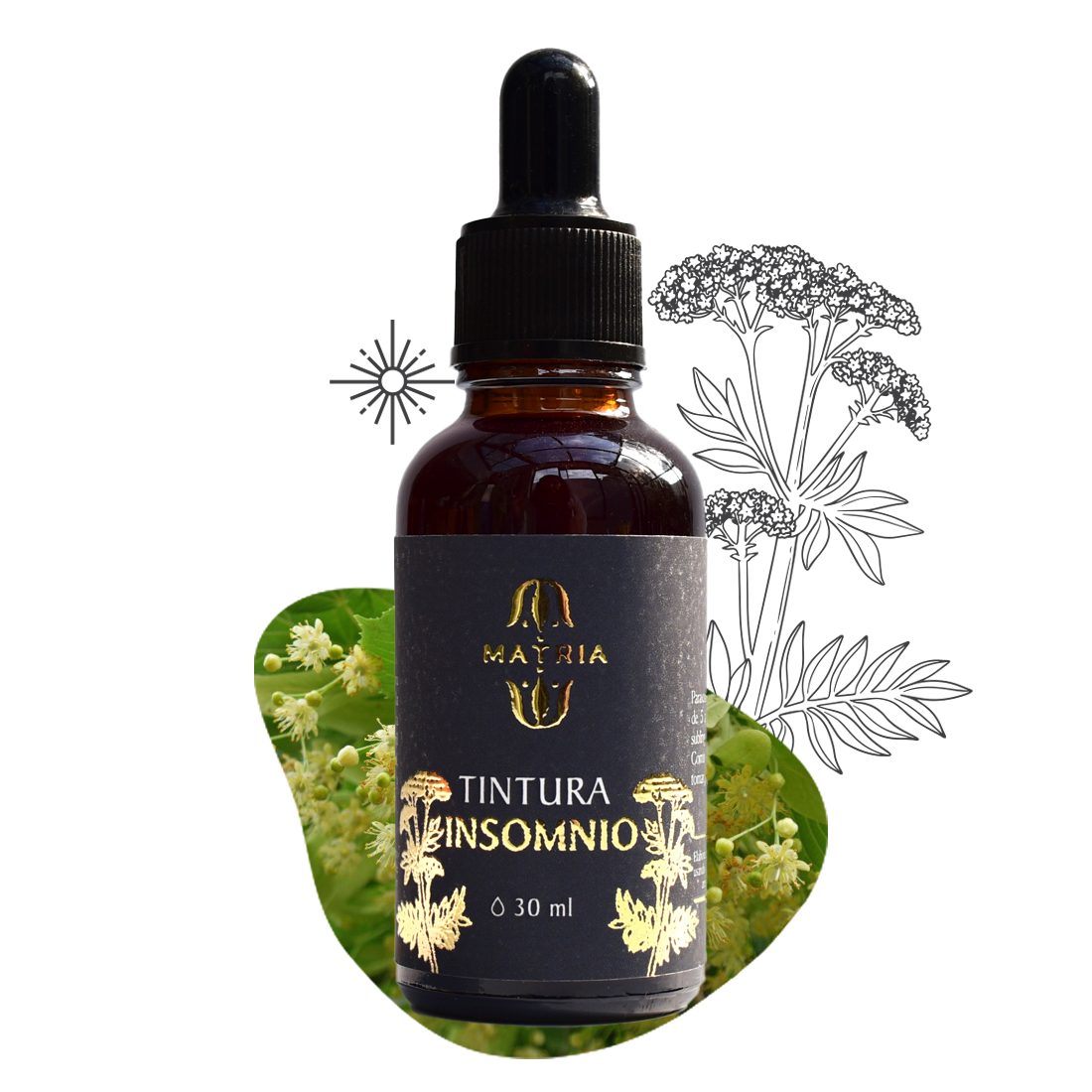

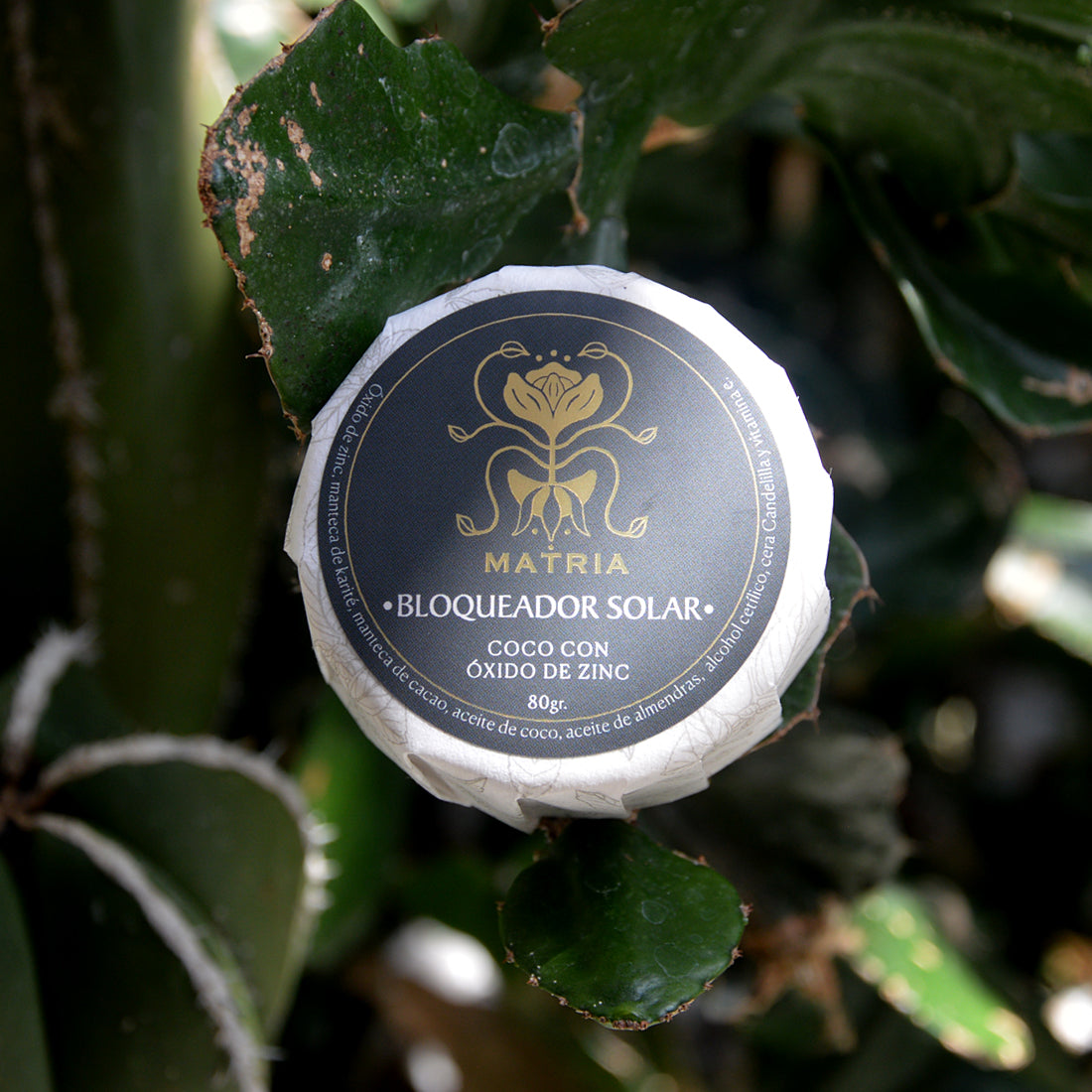

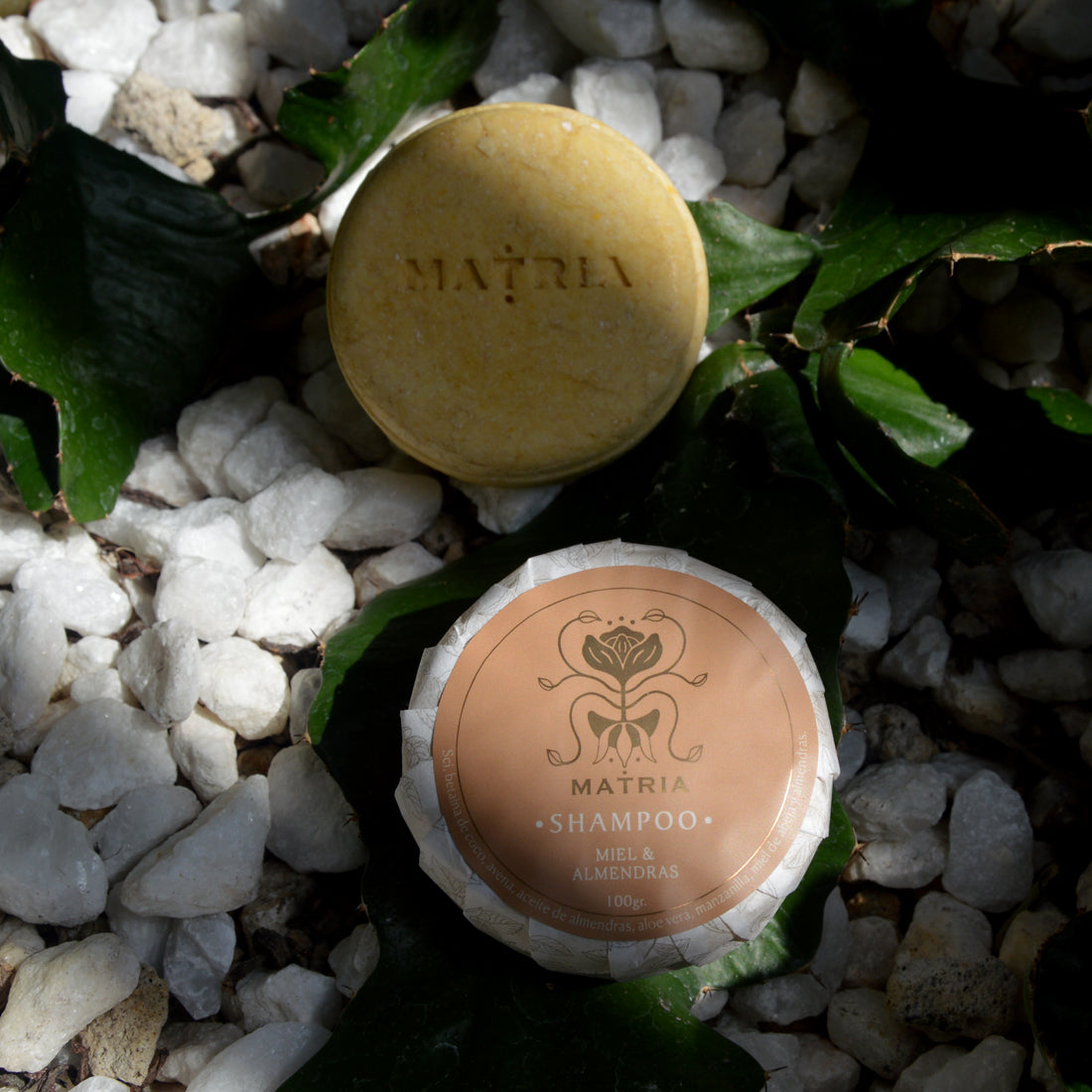
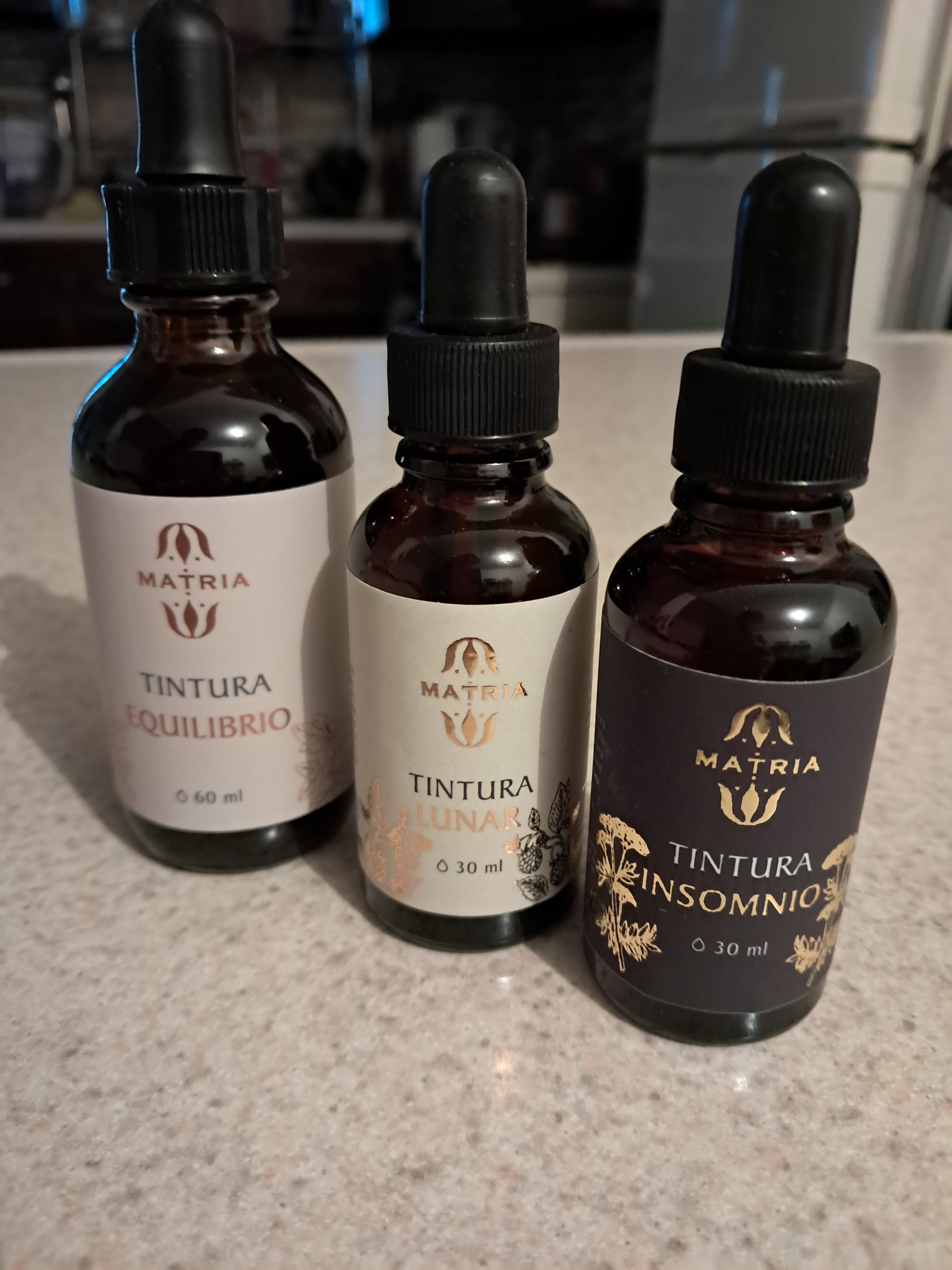
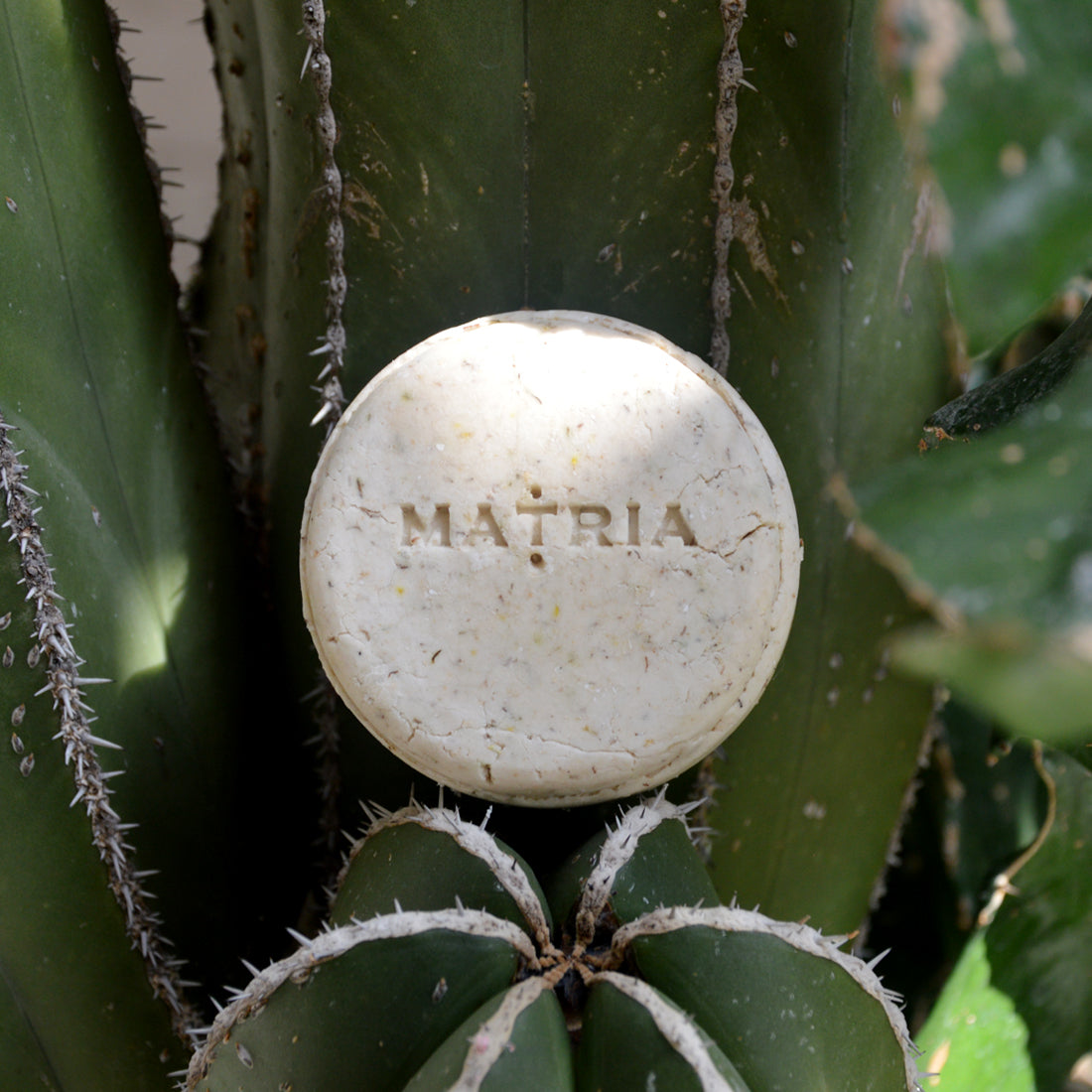
1 comment
Me interesa conectarme con ustedes,estoy tratando de conectar todo el conocimiento de las mujeres herbarias.gracias